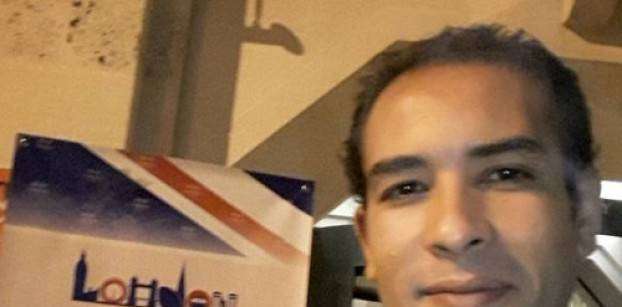Human Rights lawyer Malek Adly released - defence team

Rights lawyer and activist Malek Adly. Photo from his Facebook account.
CAIRO, Aug 25 (Aswat Masriya) – Renowned Egyptian human rights lawyer, Malek Adly, was ordered to be released on Thursday after almost four months in detention, defence lawyers Khaled Ali and Mokhtar Mounir said.
Adly was detained on May 6 after publicly opposing the maritime border demarcation agreement which saw Egypt handing the two Red Sea islands of Tiran and Sanafir to Saudi Arabia.
Protests, which erupted on April 15 and April 25 in opposition to the Egyptian-Saudi agreement, were met by a wide scale security sweep that saw hundreds of arrests. Many of those arrested were later released or acquitted in court.
Lawyer Khaled Ali along with Adly and others took the initiative to file a lawsuit with the administrative court to cancel the decision to cede the two islands.
In June, the Administrative Court annulled the agreement, affirming that the islands fall within Egypt’s borders. However, the State Lawsuit Authority, which represents the government, appealed against the ruling before the Supreme Administrative Court.
The Supreme Administrative Court has yet to decide on the case.
Adly faced charges of inciting protest, publishing false news, possessing publications inciting against the state, joining an organisation that aims to disable the provisions of the constitution, and working to overthrow the regime.
His detention was renewed several times since his arrest in May. According to his wife Asmaa Ali, Adly had been held in solitary confinement since his arrest, which led to a rapid deterioration of his health.
In a recent statement announcing the cancellation of its annual summer school on human rights, the Cairo Institute for Human Rights Information (CIHRS) stated that human rights defense has become "a smear and an accusation and proponents of human rights are defamed and accused of treason and collaboration, their assets confiscated and their organizations shut down."
A number of human rights defenders including Hossam Bahgat and Gamal Eid are currently involved in a high-profile case on NGOs' alleged foreign funding. They have faced travel bans and asset freezes on the backdrop of the case.









facebook comments